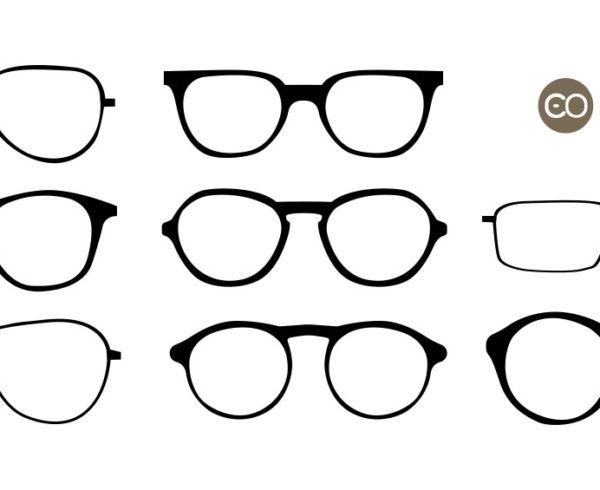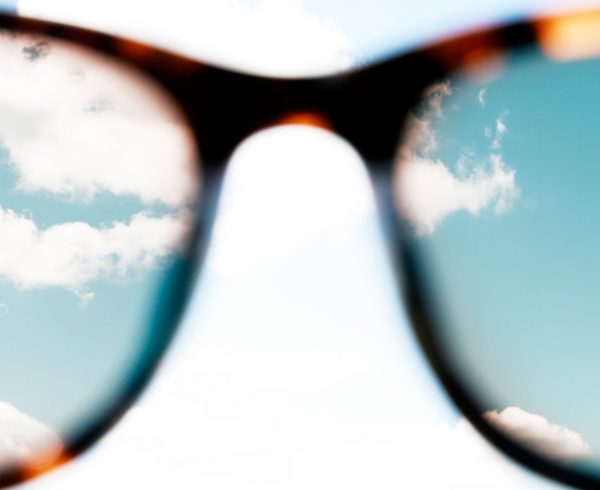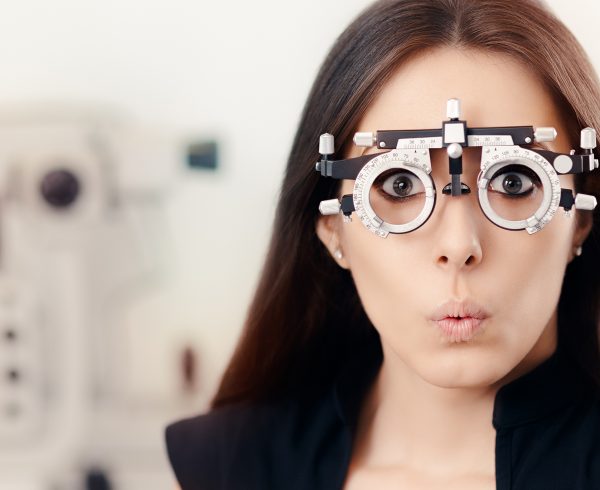In summer, when the sun shines in its full power and attracts even the last couch potato out of the house, we often quickly squint our eyes, because very bright light can easily overwhelm the retina. The solution is simple and obvious: you need sunglasses! However, choosing the right pair can be more difficult than expected. This is because, in addition to the colour, lens tint and shape of the sunglasses, there are also different glass properties that you have to consider, one of which is polarised lenses. Read on to learn about the advantages of polarising lenses and discover why you might need them.
Why wear polarized sunglasses?
This question is most often asked when people are looking for a pair of sunglasses. And rightly so! If you choose to spend more money by going for sunglasses with polarized lenses, you should understand the benefits first.
Polarized sunglasses have a technical advantage over “normal sunglasses” due to a filter function that reduces glare off shiny surfaces. This filter is for reflected light that causes glare, and is an addition to the usual UV filter. All certified sunglasses that carry the CE mark have UV protection. Glare protection is also provided by cheap, simple glasses with sufficiently tinted lenses. However, this is significantly better with polarising sunglasses due to the polarisation filter. Reflected light from shiny surfaces, which hits the retina of our eyes in a concentrated form and is therefore strongly disturbing, can be greatly reduced by polarized sunglasses.

Polarizing lenses are especially helpful when glare from reflected light hinders clear vision during sports activities. If we enjoy hobbies such as jogging or cycling in the forest, changing light conditions can make it difficult for us to see the running or driving track. The shade from trees is both a curse and a blessing here, because our eyes have to cope with increased strain when shadows and bright light alternate every second. To reduce glare from these pockets of bright light, polarising lenses prove extremely helpful, especially when moving fast.
For outdoor activities far from shade, the polarisation filter can be even more important. Popular examples are water sports or mountain sports. In both cases, not only UV light but also the surface on which we move is a challenge for our eyes. Snow in particular reflects sunlight very intensively with its white, crystalline structure. So if you want to go high into the mountains, you should make sure that your sunglasses have the polarising lens property.
Polarised lenses for driving are also highly recommended for better vision on wet roads in the daytime. This is because, in addition to the wet road surface, other cars can also become dazzling objects. For example, reflective car windows can make it difficult for us to properly see what is happening in front of us. So having a pair of polarised sunglasses to hand for those sunny days is highly recommended for driving.
How do polarizing lenses work?
A special coating is added to the sunglasses lenses to achieve the polarising effect. This layer comprises thousands of small chains of molecules and it has been stretched to align all of the chains in a horizontal direction. When the glare-causing horizontal waves of light hit the glass, they are absorbed and reflected. Only the useful vertical waves of light are able to pass through the polarised lenses. This not only protects our eyes, but also prevents fatigue and makes colours appear richer and more contrasting.
With polarising lenses, there are many different techniques to create them and thus differences in quality. This largely depends on the brand of glasses and price. Reliable and good-value-for-money are the sunglasses from Polaroid, whose lenses are always polarised. You can already see a slight improvement in the polarising filter quality with the Ray-Ban sunglasses, for comparison. You can go one better with Maui Jim sunglasses, known for their polarised sunglasses with patented Polarizedplus2® lens technology. In our online shop, you will find these and many other brands. To search for only polarized sunglasses, simply select the appropriate filter on the left side of the screen, or look for a grey icon with the letter “P” on the product image. Your eyes, your choice!
 English
English Deutsch
Deutsch Dansk
Dansk Svenska
Svenska Nederlands
Nederlands Français
Français Magyar
Magyar polski
polski Română
Română Österreich
Österreich Schweiz
Schweiz










Leave a Comment